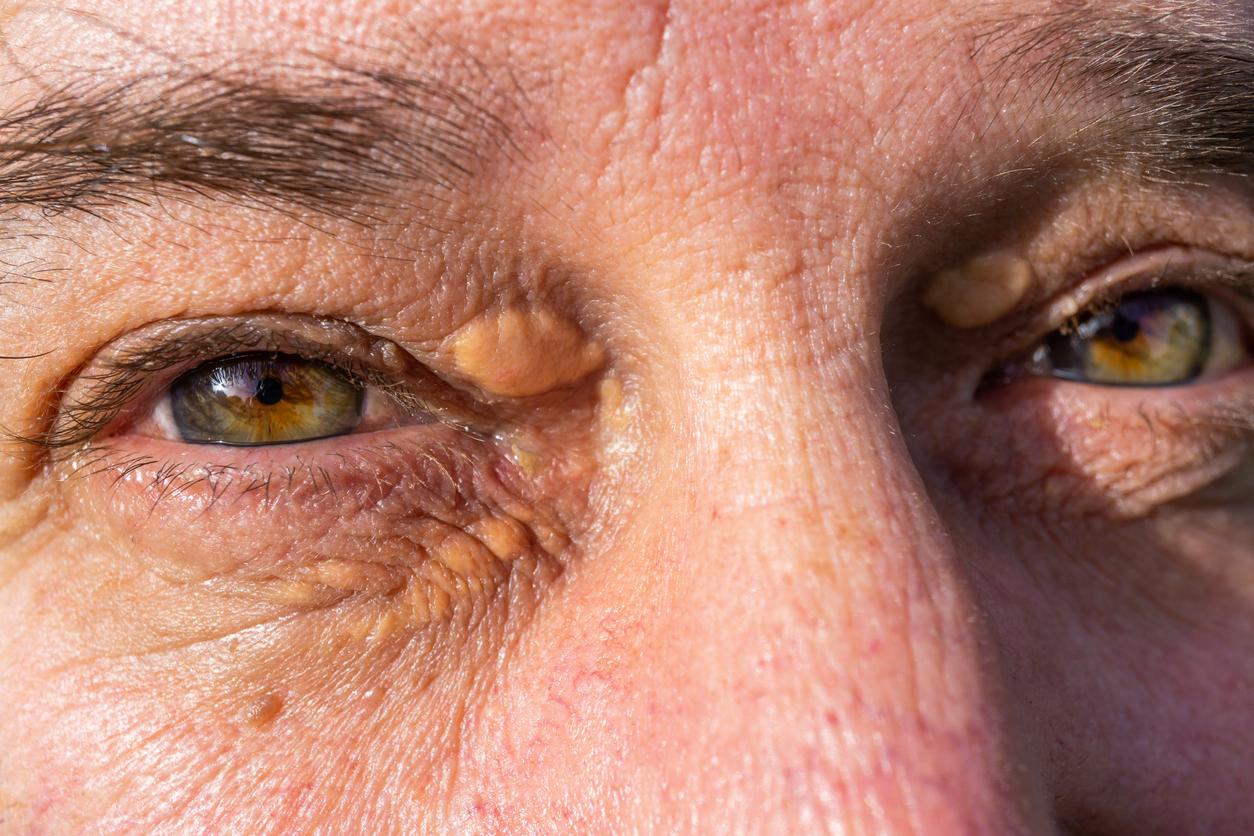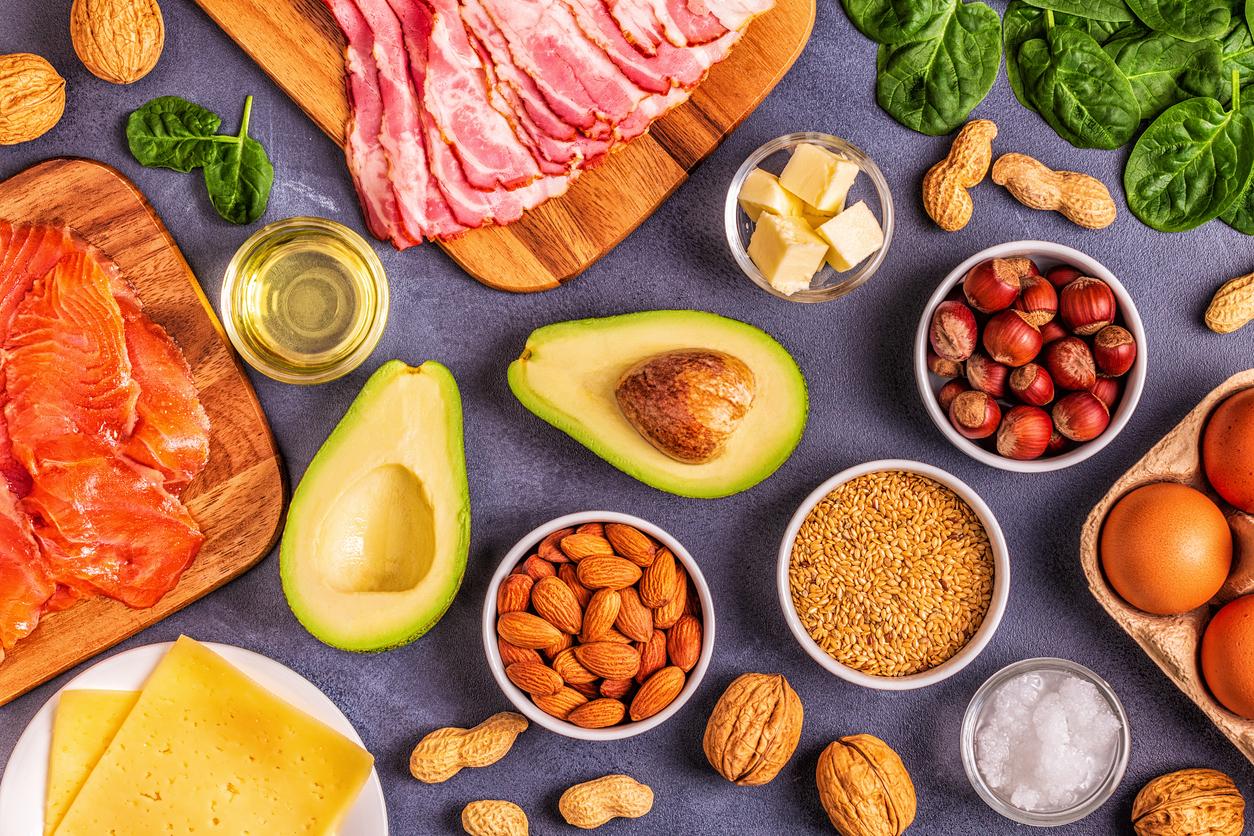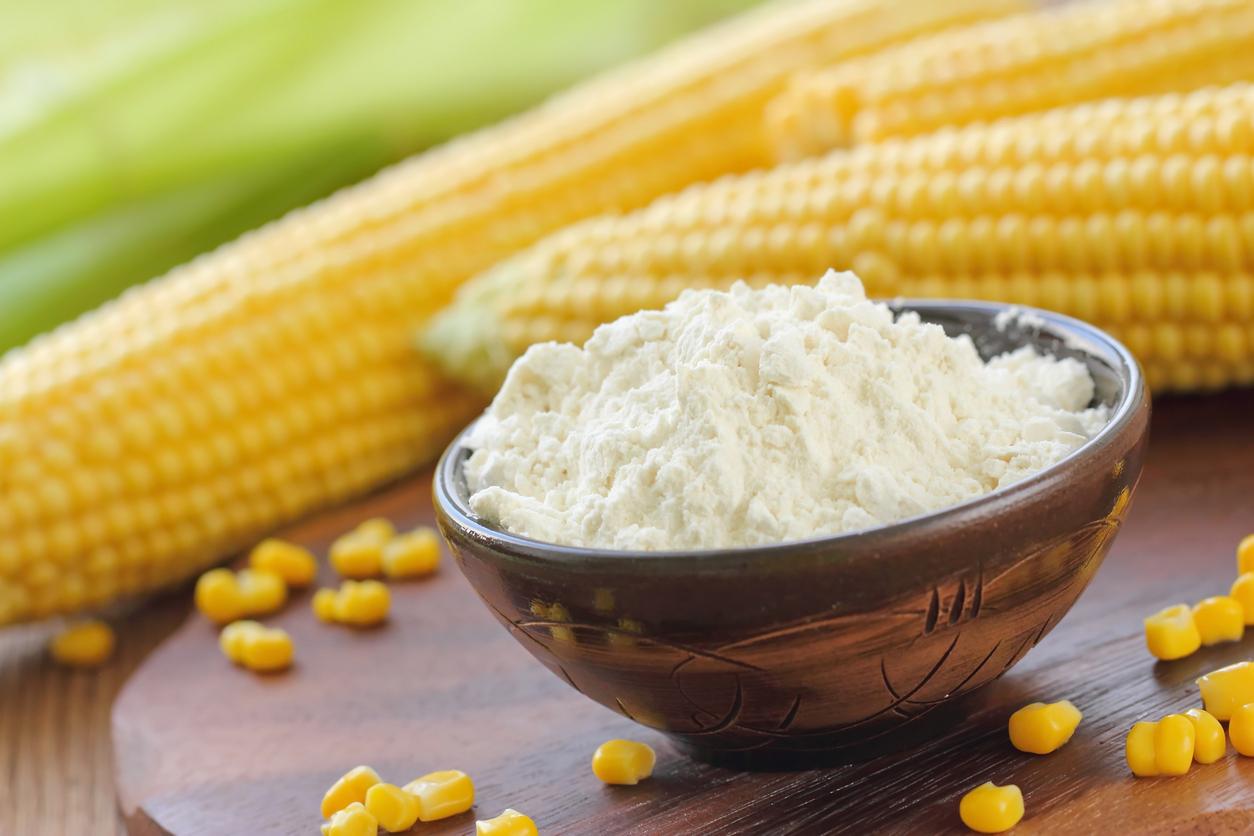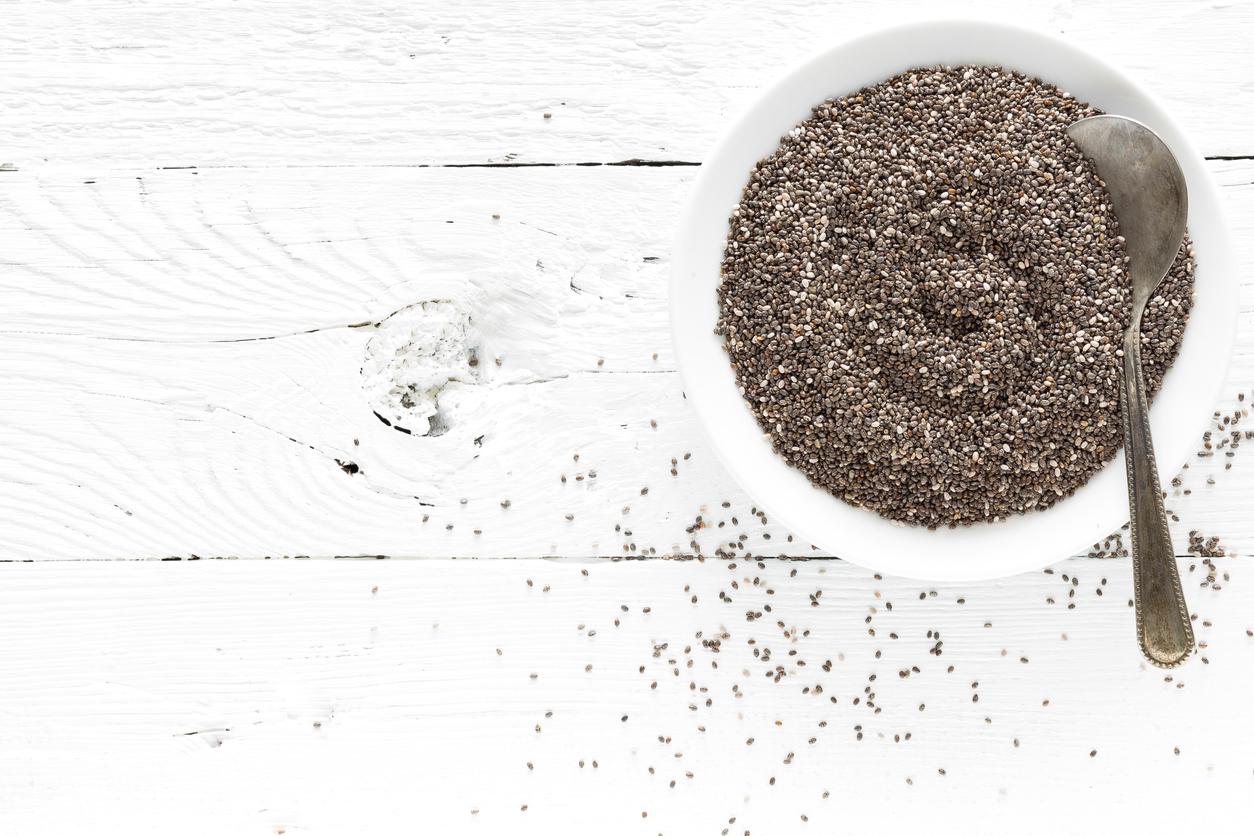A new study helps identify and understand the different nutritional and health benefits of chia seeds.
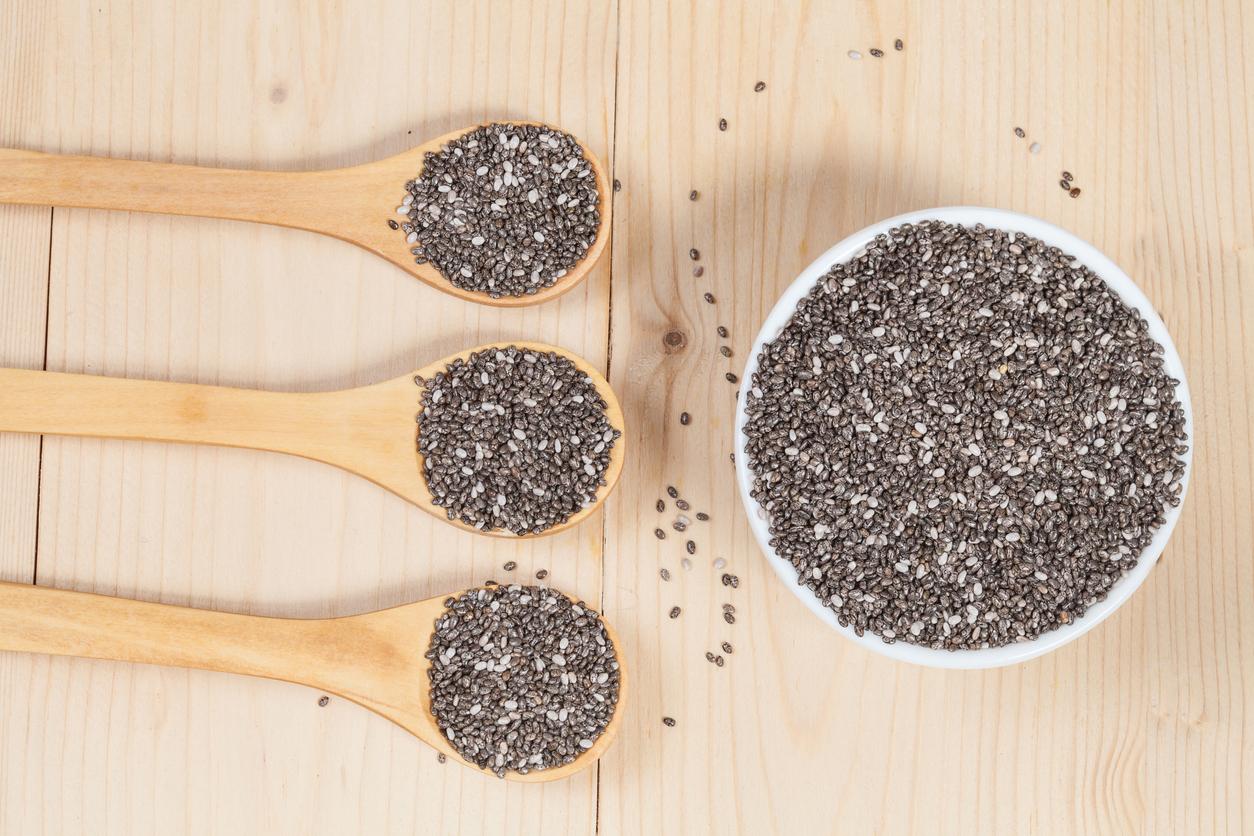
- Researchers screened the genes and genetic markers in chia seeds.
- They identified 2,707 genes likely to generate small bioactive peptides derived from proteins with anti-diabetes and anti-hypertension properties.
- For the lead author, this study opens possibilities to study chia seeds through the lens of improving human health.
In smoothies, yogurts, salads or even pancakes… chia seeds are included in many of our recipes because of the nutritional virtues attributed to them.
Scientists at Oregon State University sequenced the genome of these small, round seeds to determine precisely the plant’s benefits for human health. Their work was published in the journal Frontiers in Plant ScienceDecember 14, 2023.
Chia seed: its genome has been deciphered
To shed light on the possible benefits of chia seeds, researchers screened the plant’s genes and genetic markers. They identified 2,707 highly expressed genes that are likely to generate small bioactive protein-derived peptides. “When the seed protein is digested in the intestinal tract, these small biopeptides are released and absorbed into the body and have potential properties that may help alleviate human health problems like type 2 diabetes and hypertension. This is the first report of a plant genome analysis with benefits for human health”specify the authors in a communicated.
They also found 29 genes involved in the biosynthesis of polyunsaturated fatty acids. In other words, the formation of omega-3, an essential nutrient for good heart health.
Furthermore, when the plant is soaked in water, it forms a gel. The latter acts as a texture modifier, emulsifier, gelling agent and encapsulating agent in foods, cosmetics and pharmaceuticals. The team identified 93 genes that participate in this phenomenon.
Cholesterol, cancer, type 2 diabetes: the many benefits of chia seeds
In the press release from their establishment, the researchers also took stock of the benefits of chia seeds highlighted in previous studies:
- The polyunsaturated fatty acids found in chia seeds improve cardiovascular health and cholesterol and have anti-cancer properties.
- The food’s high fiber content helps stabilize blood glucose levels in type 2 diabetic patients and helps people with tract-related diseases gastrointestinal.
- The proteins in chia seeds have the potential to help treat cancer and high blood pressure and also have antioxidant, anti-inflammatory and antimicrobial properties.
For scientists, their work and their genome sequencing will open up new possibilities for using chia seeds. “This research opens up opportunities for scientists to study chia seeds through the lens of improving human health while continuing to deepen our knowledge of all the nutritional benefits of chia.”has explained Pankaj Jaiswalprofessor in the Department of Botany and Plant Pathology in the College or Agricultural Sciences at Oregon State.











